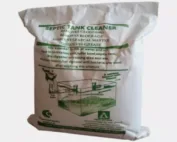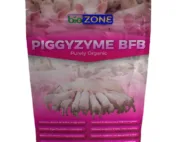We Won’t Stop Until Mouse Problems Are Behind You.
Rats are an age-old invader of homes and properties. They can destroy parts of your home, ruin furniture, eat and spoil food, and spread disease. It’s, therefore, a priority for homeowners to deal with mice and rats as soon as possible.
One of the only reliable ways to end a mouse or rat infestation is to reach out to a professional. Contact our rodent control professionals for an inspection or a FREE estimate to get rid of your rat or mouse problem for good.
- Rodents will chew on anything available to them and can cause great damage in your home
- Rodents are also exceptionally dirty – their feces and urine can contaminate your home’s surfaces
- Rodents are rapid breeders and some species breed year-round. Although some rodents are known for their short life spans, populations are maintained through constant reproduction
Rats and mice are very destructive and fixing their damage to your cabinetry, wood work, or furniture can be quite expensive. These rodents can also place your home in danger. Mice chew everything in sight; much of their damage will be out of sight, inside your walls.
For example mice love to gnaw on insulation and wiring. Frayed electrical wiring caused by rodents has produced many house fires. Call us today to protect your family and your home from a rodent infestation.
Signs of a Rodent Infestation
- The first sign is often pellet-like rodent droppings around food, cabinets, sinks, etc.
- Look for chew marks in your pantry goods, with bags or boxes of foods like cereal being torn into.
- You may hear squeaking noises from odd parts of the house. This likely indicates there’s a family of mice or rats somewhere close-by (such as in a wall or cupboard).
- Rats may chew holes and pathways out of your floor or in your walls, creating highways for rats to travel from room to room, or to access your house from the outside.
- You may find nesting material like shredded paper, insulation or fabric tucked into corners and crevices.
- You may detect bad smells from behind walls or in vents due to rat urine or feces.
Mouse (Mice)
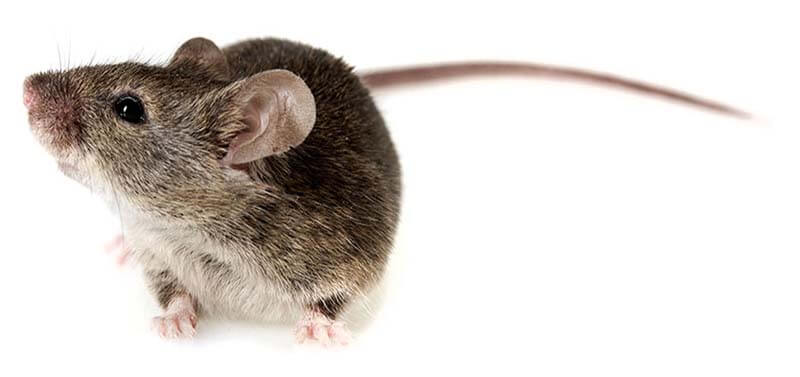
- Smaller than rats: full grown adults can range between 1-4 inches in body length. Their tails are also furry, and their ears large and floppy.
- Nocturnal rodents.
- As with rats, they come in many shades of brown, black, white, or grey.
- Very territorial but also social.
Rats
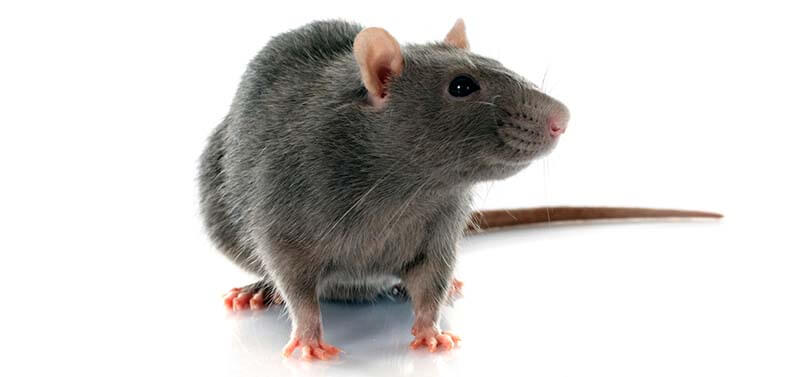
- Rats are nocturnal rodents that can include true rats (black rats or brown rats), or other similar mammals of a different species (kangaroo rats, pack rats, etc.)
- Larger than mice (12-18 inches in length) with bodies generally the same length as their tails. Their tails are also hairless.
- They appear in various colors like white, gray, brown and black.
- Can weigh anywhere from one half to a full pound and they leave behind grease marks wherever they travel.
Where to check for mice and rats in your property
- Basements & cellars
- Cavity walls
- Overgrown vegetation
- Compost bins and heaps
- Sheds
- Lofts, attics & eaves
- Kitchens & laundries
- Inside garage
Rodents Health Concerns
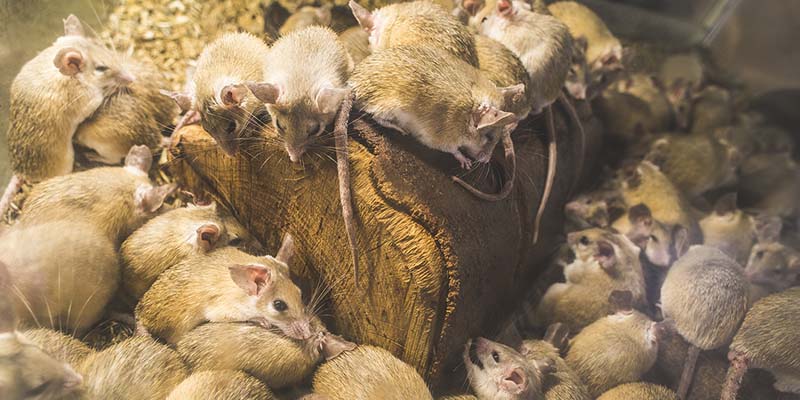
- Rats and mice are historically the cause of plagues and diseases. They can carry dangerous parasites, bacteria and protozoa, such as the bacterium leptospirosis (or Well’s disease), transmitted by rat urine and which can cause kidney damage.
- Other diseases include the potentially deadly Hanta virus, salmonella poisoning, and rat-bite fever.
- Rats can even act as the intermediary host between fleas infected with bubonic plague (the disease that killed millions before the discovery of its cause).
- Humans can contract many of these diseases as a result of not cleaning up droppings and urine.
Rodents Control Measures
- Always keep your living space clean, which reduces the risk from other pests, as well.
- Empty garbage proactively, pick up crumbs, and keep pantry food sealed in metal bins; or store your rice, grains and cereals in your freezer.
- If you’ve taken away their food source, you should also eliminate their water source. Be mindful of standing water in your home. Keep water bowls for pets in rooms that you know are rat and mouse-proof.
- Be mindful of chewed holes in your house. These are rat and mouse entry points, and should be patched immediately to block their transit system.

Rodents Damage

Rodents cause huge economic losses by:
- consuming, damaging and contaminating food in the field, in storage throughout the food chain and in the home
- damaging structures, buildings, bridges, sewers, and cabling etc, by gnawing and burrowing; and
- damaging and contaminating goods such as packaging, clothing, and furniture.
What can I do if I think I have a Mice & Rat infestation?
Get in Touch with Imagine Care
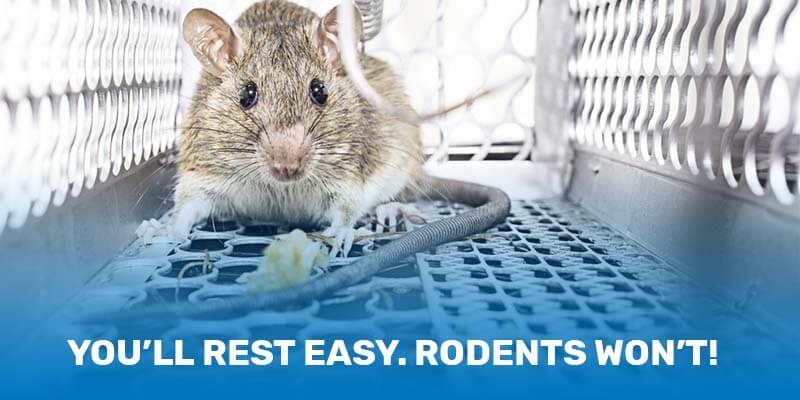
DIY products are a cost effective way to control small infestations of rodents, professional rodent control is required for more established mice and rat colonies or where there is a repeated infestation.
Alternatively hire Imagine Care rodent specialists to deal with the rodent problem. The technicians provide a highly targeted treatment to deal with any rodent problems and will offer advice on how to keep your home free of mice and rats in the future.
Rodents FAQs
Customers ❤️ “Imagine Care Limited”
66,729+ Clients & Partners

Biodigesters & Enzymes
Disinfectants & Sanitizers
Locate Us on Google Maps
Related Articles From Our Blog
Advion Ant Bait Gel Eliminates Entire Colonies Faster
Advion Ant Bait Gel, manufactured by Syngenta, is an effective ant killer designed to be desirable to all major species of ants. Indoxacarb, the active ingredient in Advion Ant Bait Gel, is a non-repellant insecticide.
Avocado Pests and Diseases: How to Prevent and Control Them
This article discusses the most common pests and diseases that affect avocados, as well as tips for preventing and controlling them.








































